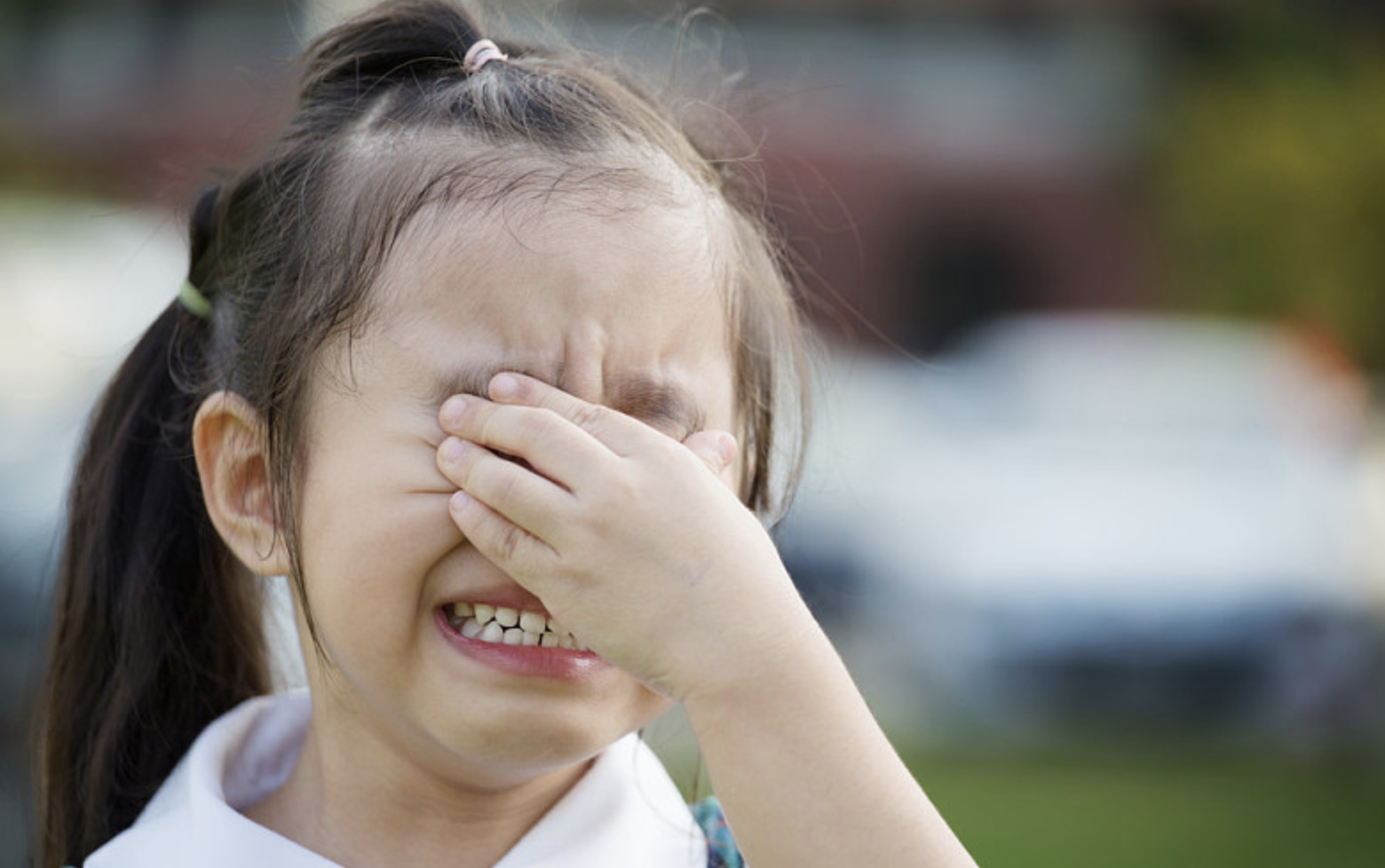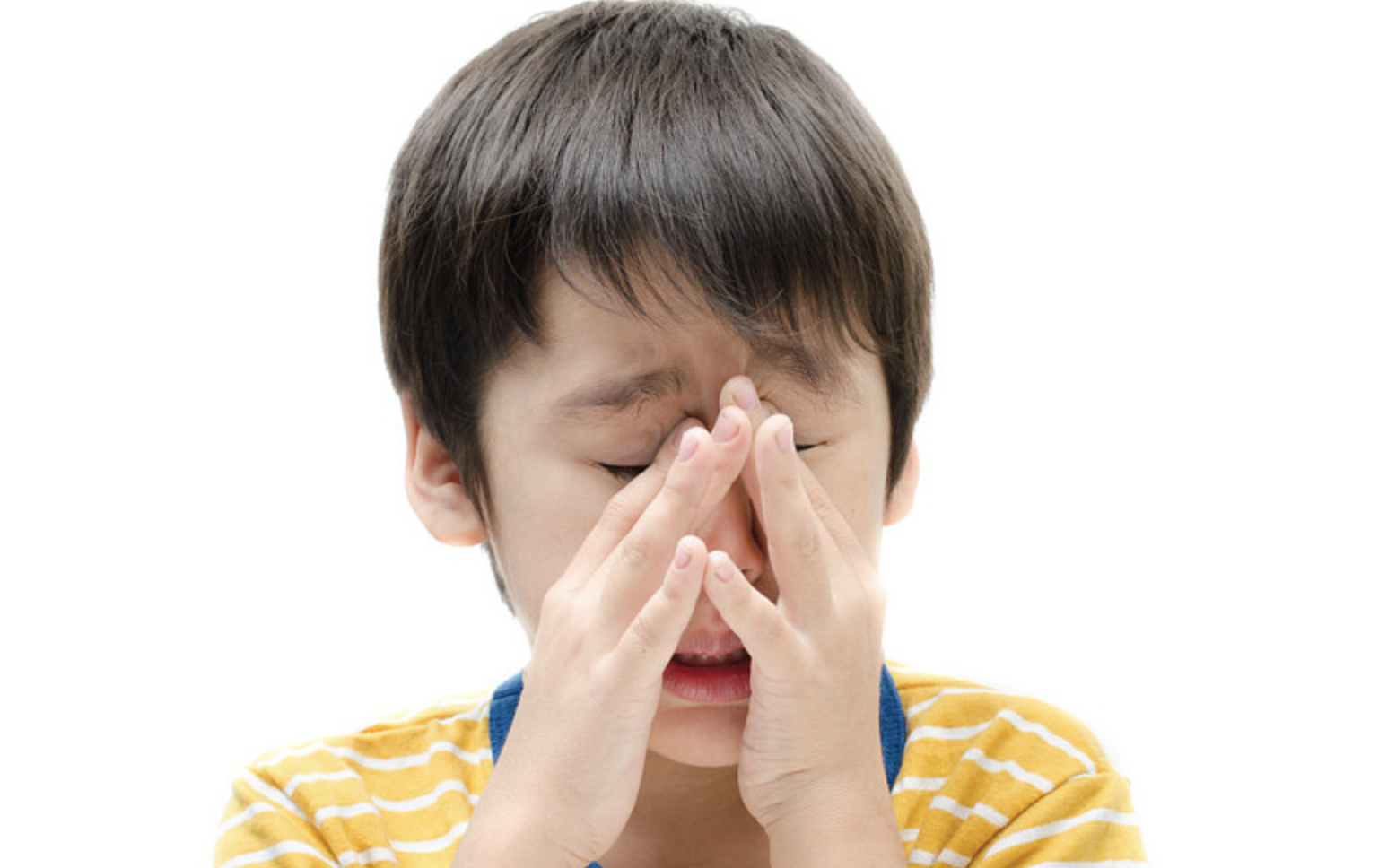
According to a recent report, 64% of Singapore adult population have experienced at least one negative childhood incident within first 18 years of their lives. There are many different reasons why childhood trauma occurs, and if it is left untreated and uncared for, it can cause a huge problem to the mental and physical state of a child.
Students who experienced traumatic events can most likely to have difficulty in learning as their focus is affected. If you are aware that your students have childhood trauma, what do you think you can do as their mentor to help them lessen their burdens?
Below are the seven important things you need to know about childhood trauma and how you can be mindful in teaching while adapting to your students’ needs:
Definition of childhood trauma
According to the definition provided by the Trauma Network for Children, childhood trauma is developed after a child experienced a negative event that persistently causes great emotional distress and pain. It can also lead to both physical and mental problems in the long run.
Childhood trauma is commonly caused by physical abuse, however, there are a lot of other experiences that can be traumatic for a child.
For example, a bad divorce of the parents can also cause an irrevocable trauma that can lead to damage and alteration of the child’s mental state. Physical, sexual, and psychological abuse are the most common experiences that lead to childhood trauma. Other events such as natural disasters and wars, family or community violence, personal or familial substance abuse, sudden loss of a loved one, and serious accidents or illnesses can also cause child trauma.
Each child has their own response time to the traumatic experience they had and it can be delayed or immediate. Also, the severity of the trauma can influence how a child reacts, behaves, and copes with it.

Children’s thoughts and feelings matter
Every childhood trauma is different for each individual. As much as possible, avoid unwanted prejudice and do not judge. As tutors, the responses you make can be interpreted by the students and you do not want these to be received in a negative light. Be sensitive and empathetic towards them.
For these children, what they experienced is frightening and they are unable to fight against it. Some children even experienced several traumatic events that can make them paralysed when triggered at any given moment.
Remember, be mindful of your students’ feelings and emotions. Everything they feel is valid and do your best to help them avoid the stressors that can trigger their traumas.
Stressors can range differently depending on the circumstances of the trauma, age of the child, if they have been receiving appropriate medical assistance. The some of the common stressors are denial, anger, unable to concentrate, shame and confusion. It is important to have an in-depth conversation with the parents on how and what to avoid.
These kids are not intentionally provoking you
Children vary when it comes to how they try to cope up with their childhood trauma. If your student has been diagnosed by medical professionals with one, avoid adding more stressors.
Do not misunderstand their provoking actions as a sign of disrespect. Remember that these children may be experiencing some difficulty in concentrating during lesson. When confronted, they may lashed out at you or totally ignore you.
If they fail at their homework or tend to stare into space during your lessons, do not immediately scold them. Try these methods to increase their attention span. You can also adapt with them by waiting and pausing so they can catch up with the lessons. Tell them to speak out if they needed more time and be more understanding of them.
These kids are not trying to test your patience, but rather, they are just going through a painful situation that needs your support to find their feet again.
Don’t ask what caused the trauma or find out why it happened
For some, they believe that knowing the cause of the issue can help them understand and do more for those who are in trouble. However, in the case of those who have trauma such as children, you should not spend your time digging for the real cause, as it may aggravate their already scarred wounds and possibly open a can of worms you’re not able to deal with.
Once the parents informed you that their child has childhood trauma, adjust your actions based on what you observe during classes and their parents’ feedback. Details of the problem are not important and the privacy of the child must always be prioritized and respected.

These children will always worry about what is going to happen next
Having a routine in place, despite the negative experiences they had, can help them to calm down and refrain from overthinking and over anticipating what is going to happen next.
For example, you can give them an outline of the lesson so they can know what activities they can expect for the day.
You can also allow them to control the flow of the lesson by getting them to choose which subject to go through first, when to have a 5 mins break and whether they are up for a quiz at the end of the lesson. By doing so, you allow the child to feel that he is in control and this will boost his confidence.
They need to feel that they can succeed at something they love and change the world
Most children will need reassurance that they can succeed in life despite what happened to them. Giving them opportunities will allow and help them to do so. As trauma will affect a child’s self esteem, it is appropriate to give them something to feel successful and be inspired to do their best.
For your tutoring sessions, you can give them small tasks that will allow them to control the flow of the lessons. You can also introduce some activities that will allow them to realise what they are great about and consequently, let them succeed in it.
For example, if they are good in arts, let them be more creative by asking them to make a collage or a sketch for their science assignment. That way, they can also focus, recognize, and develop their talents.
It can be hard for students to focus and control their emotions because of the trauma
There will be children that are unable to regulate their emotions well because their traumas were not properly cared and treated. Their parents or guardians may not be there to support them and thus, proper guidance is not being provided. As a result, they may develop intense and emotional upset, and they can even become irritable, disruptive, angry, distracted, and even isolated.
A good way to help your students with this kind of situation is to help them deal with their emotions better. A simple break before you move on to the next subject can help them a lot. It can ease them to not feel overwhelmed by the lessons and help them recharge their minds. They can also talk to you or vent out their problem to a friend if they needed to.
Building trust with your students can help them to easily share things with you as most kids will try to isolate themselves when something traumatic happens. By talking to someone they trust, children may feel hopeful that everything can turn out alright and consequently, overcome this ordeal.
Conclusion
Helping someone with trauma is a very difficult task, especially if you are dealing with children and you are not aware of the real cause. As a tutor, you must always observe your students and be mindful with your actions when dealing with them. Avoid paying too much attention about their conditions and instead, focus on the ways that can help them to learn and concentrate better.
Support and teach them by giving simple verbal and sensory cues, and let them know that you are ready to help them in case they needed somebody. Remember to avoid prejudices and understand that the ordeal they are experiencing is not something to be taken lightly of. Be a tutor that they can lean on and inspire them to succeed.
If you wish to join SmileTutor as a private tutor in Singapore, click this link.
Here are some articles that you may want to explore further:
6 Ways to Communicate to Your Students with Special Needs
The Impact of COVID-19 On Singapore’s Teenagers – And What Parents Can Do
